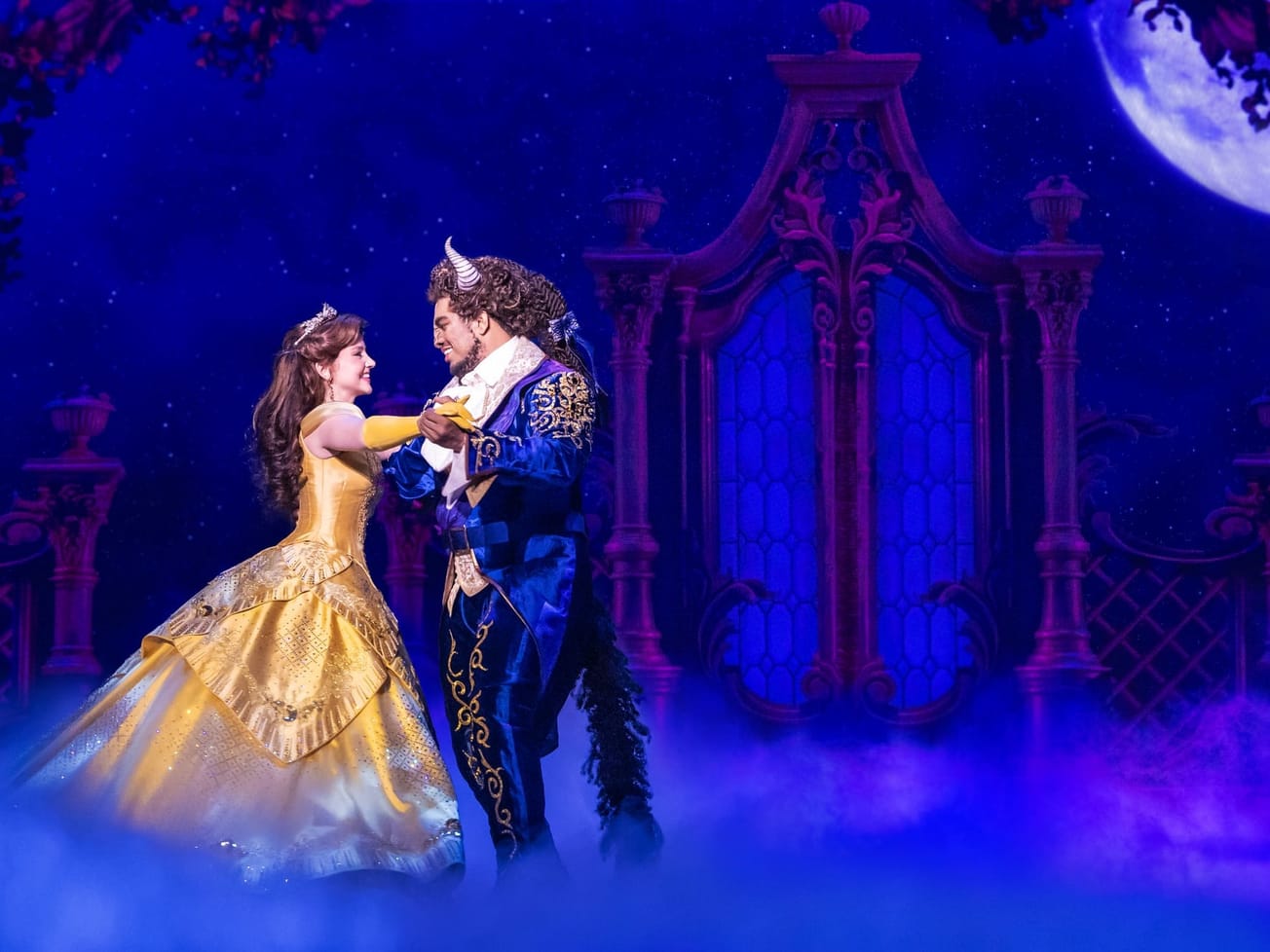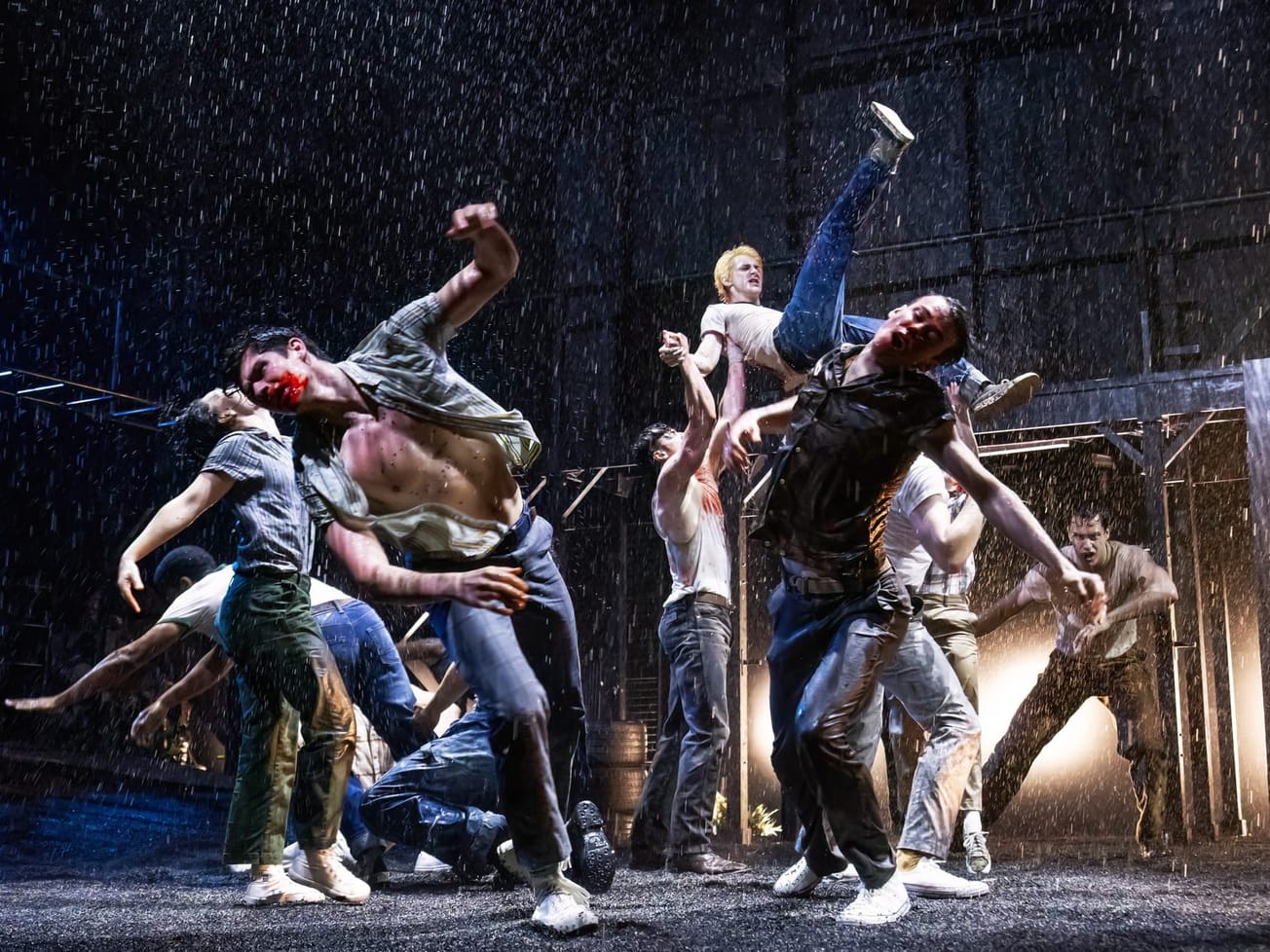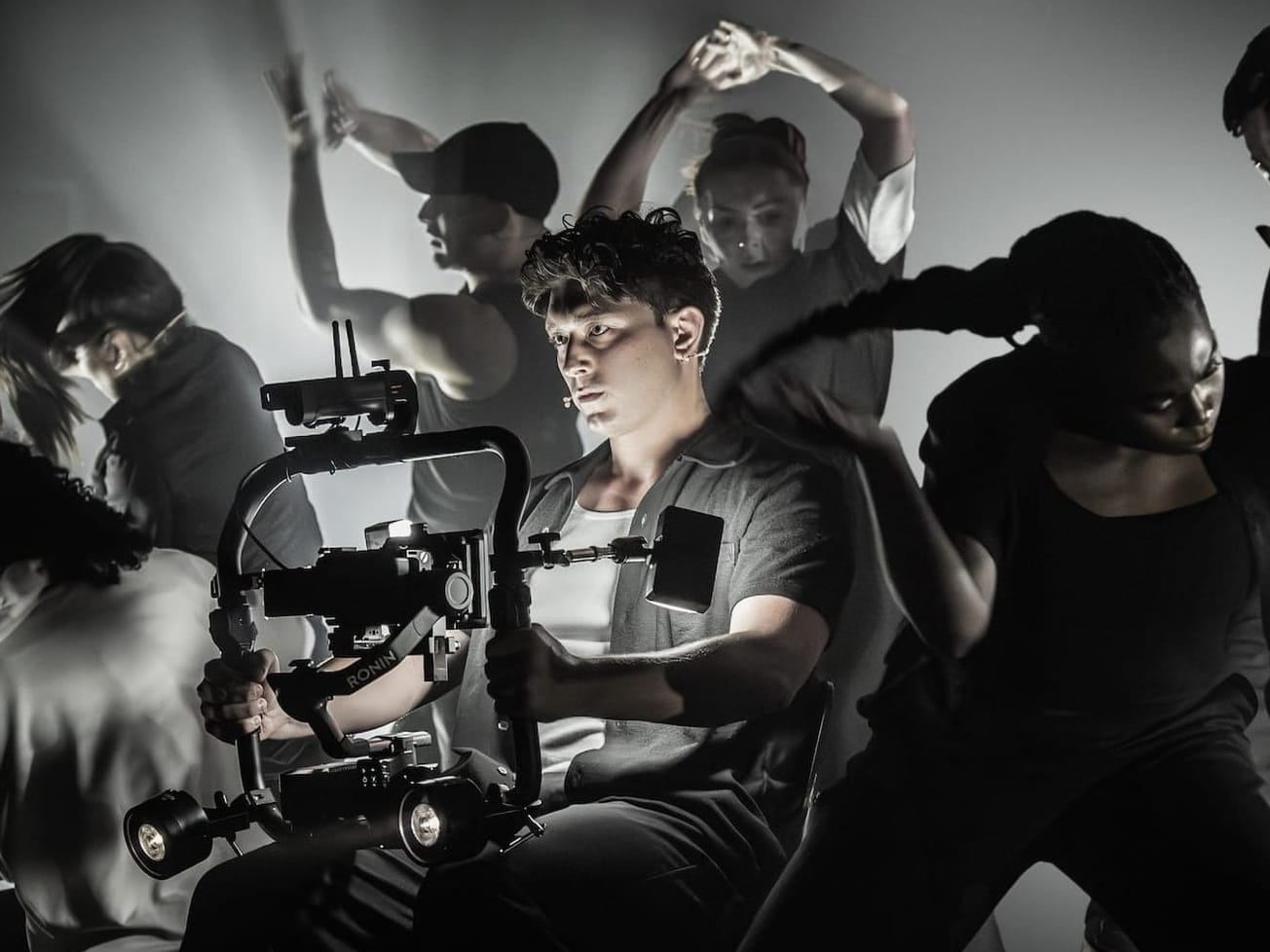‘Prima Facie,’ Suzie Miller and Justin Martin’s play about sexual assault, is leading a cultural and policy shift
The playwright and director reveal their process behind crafting the new drama.

The playwright and director reveal their process behind crafting the new drama.








